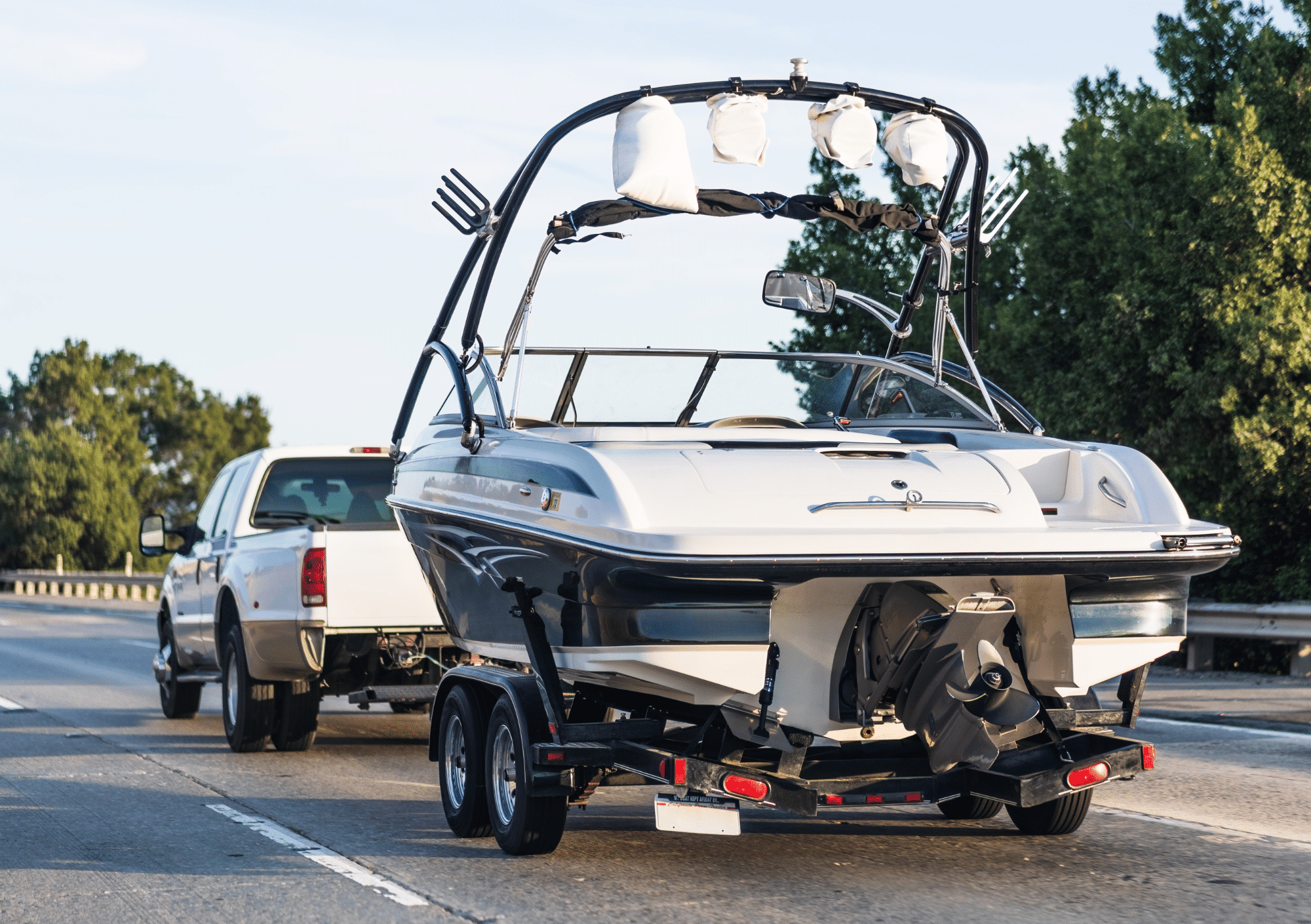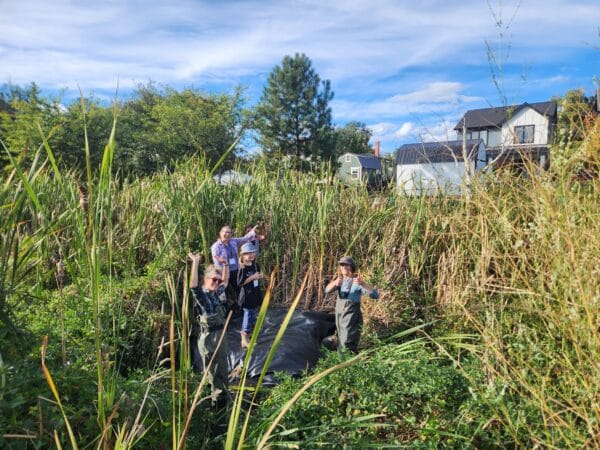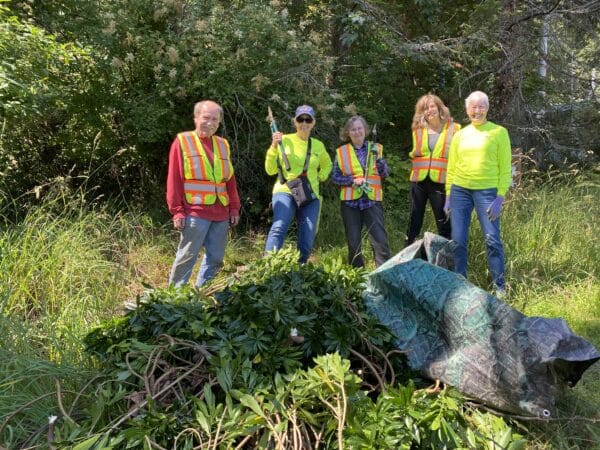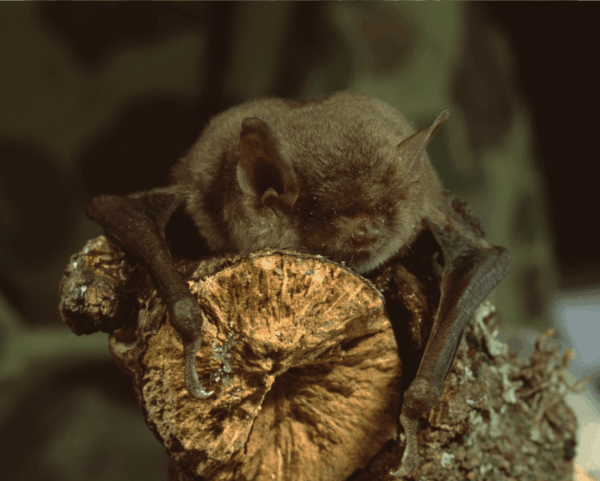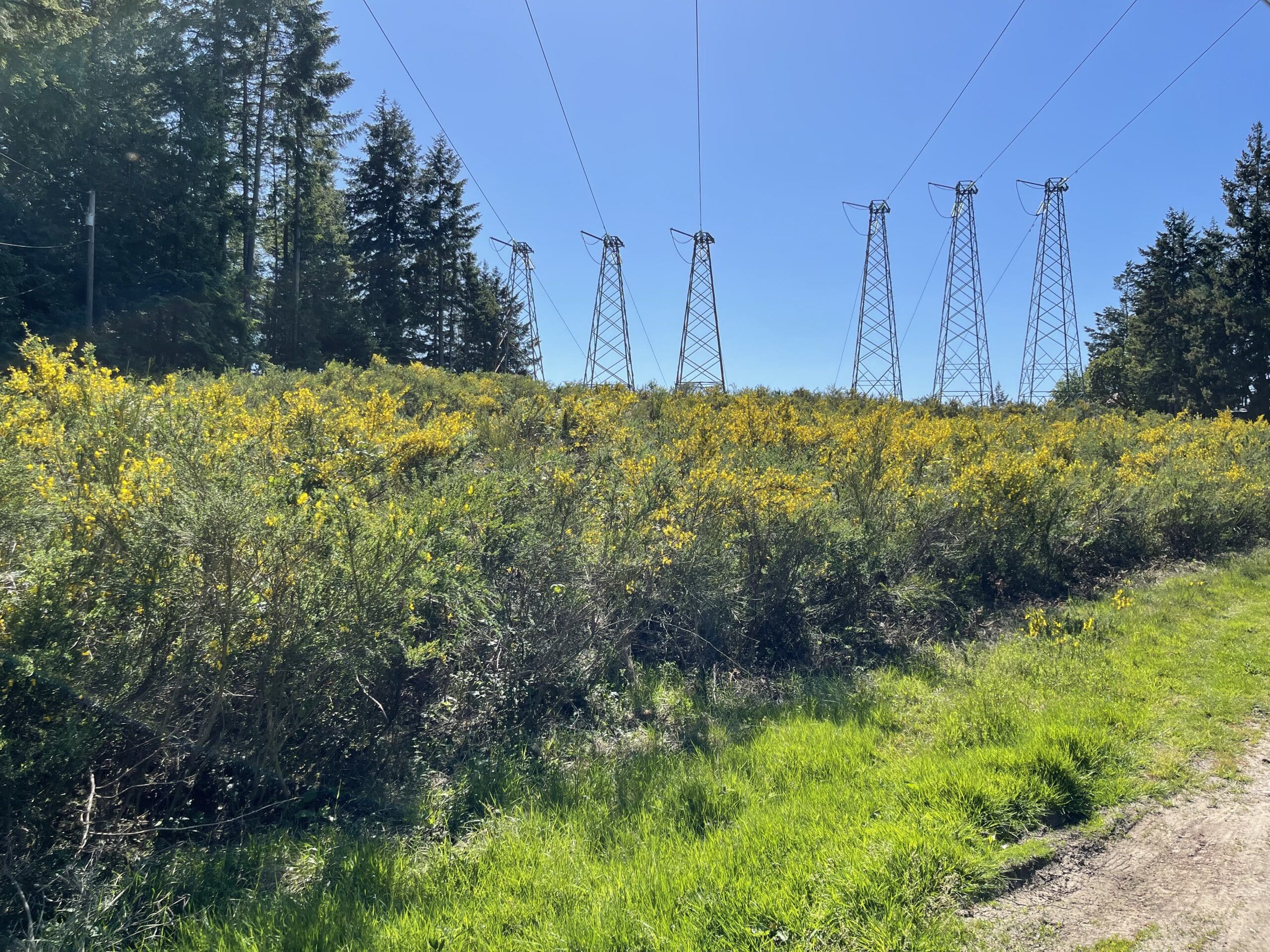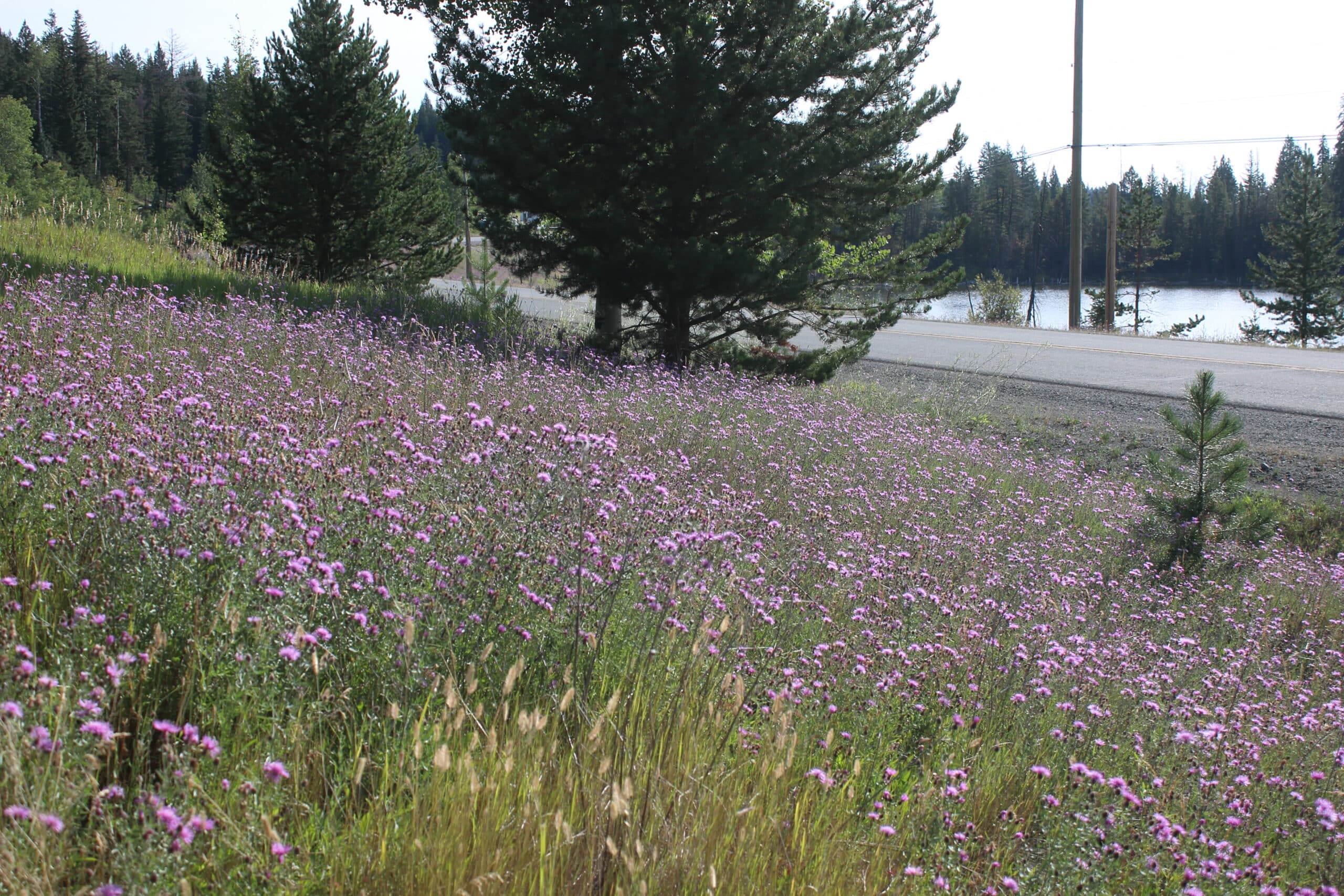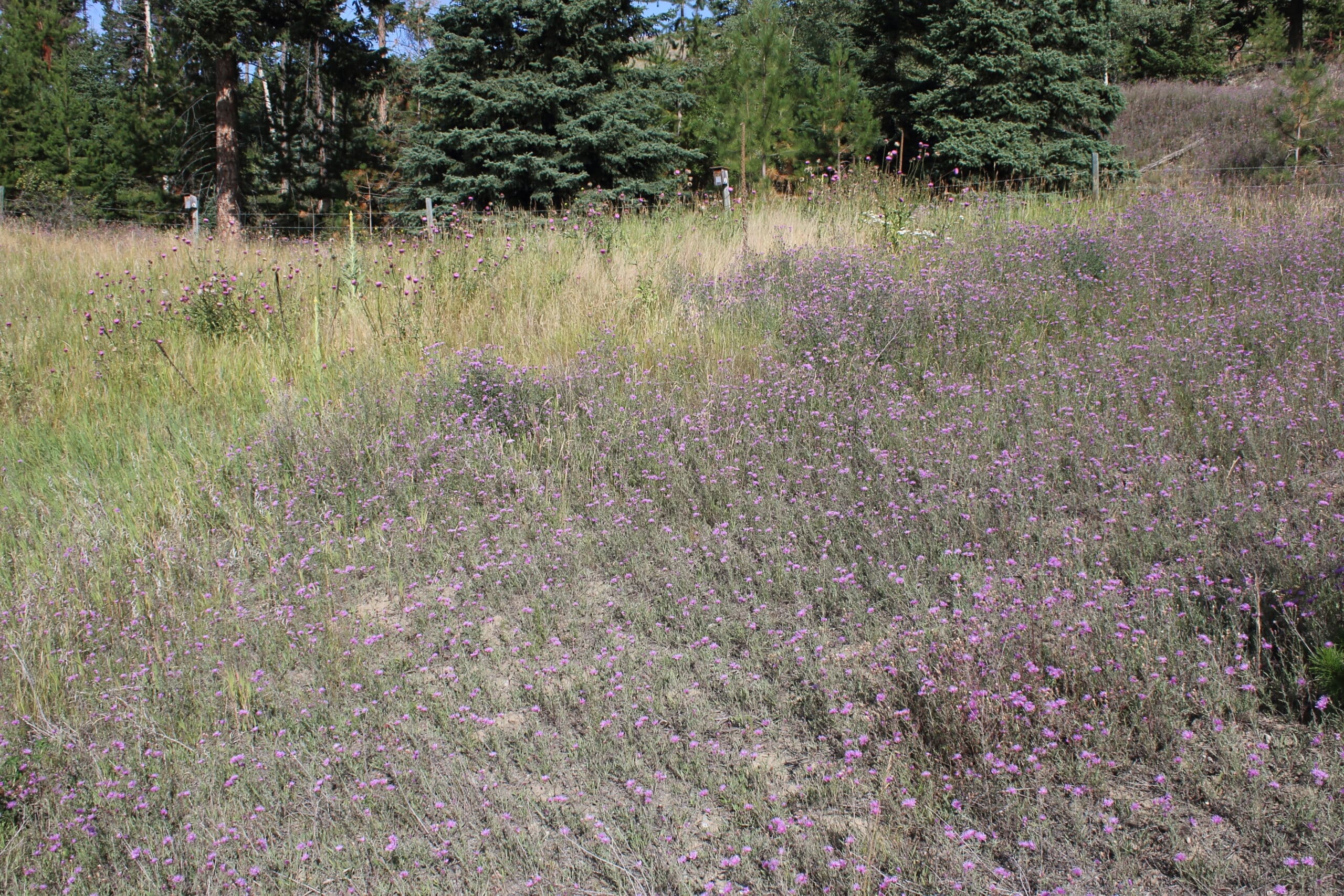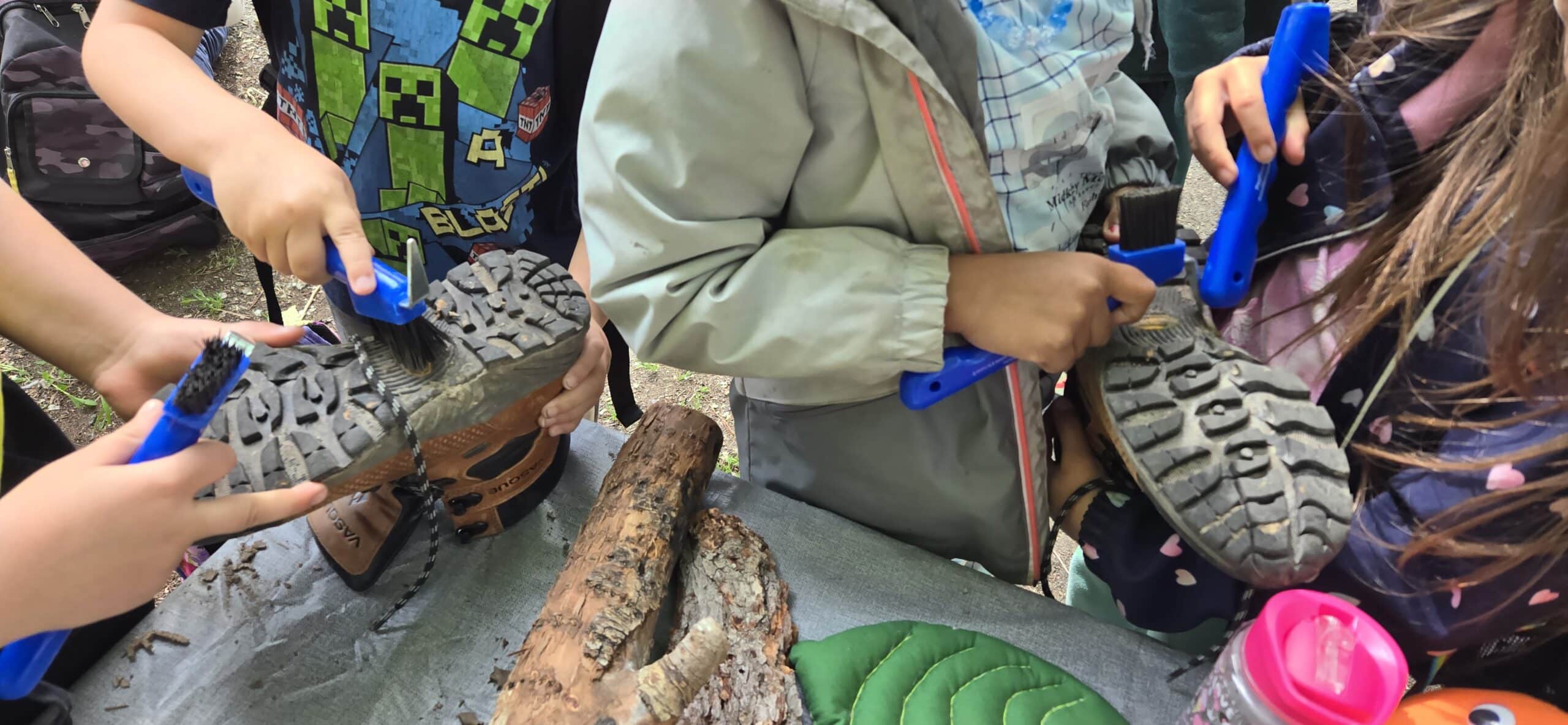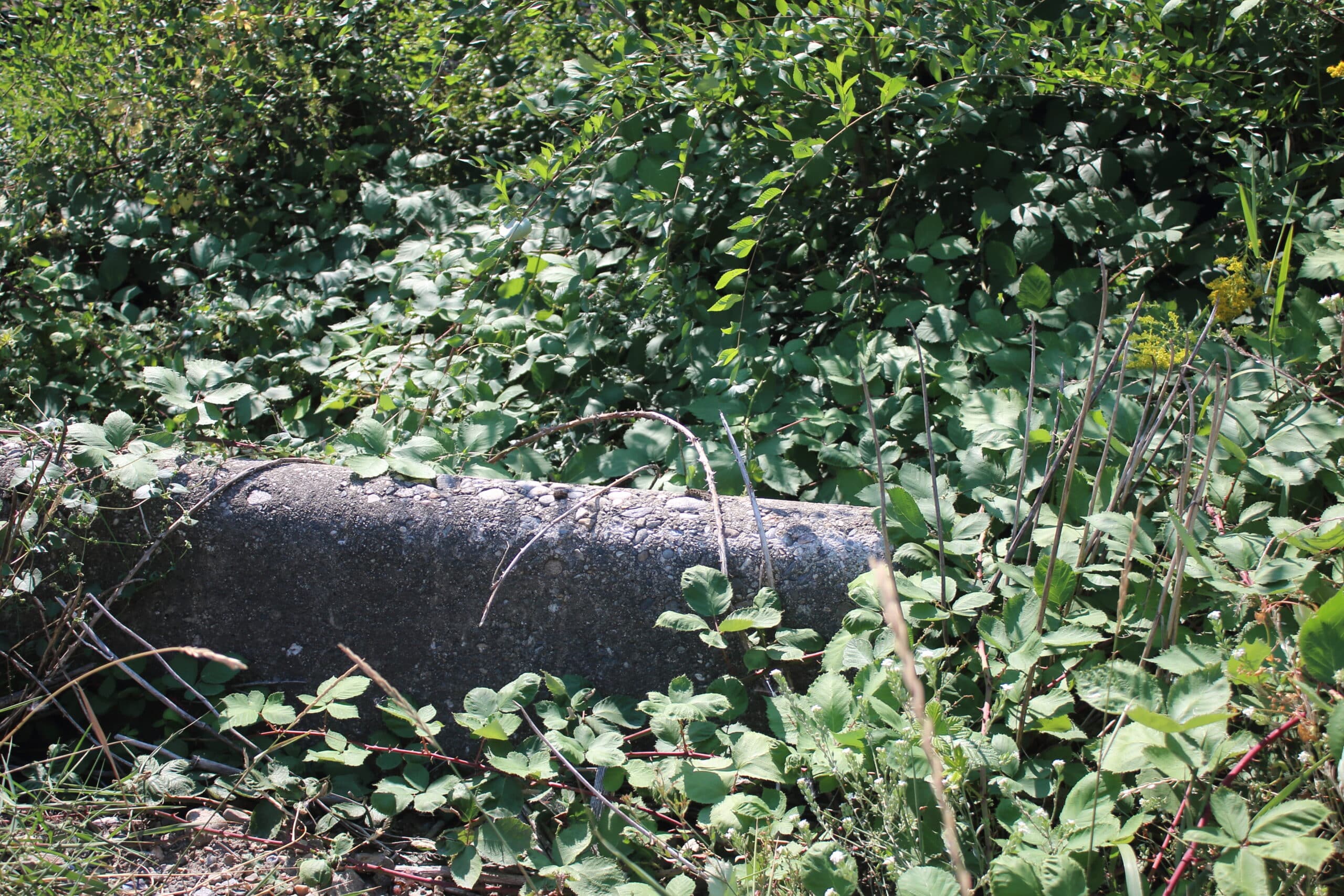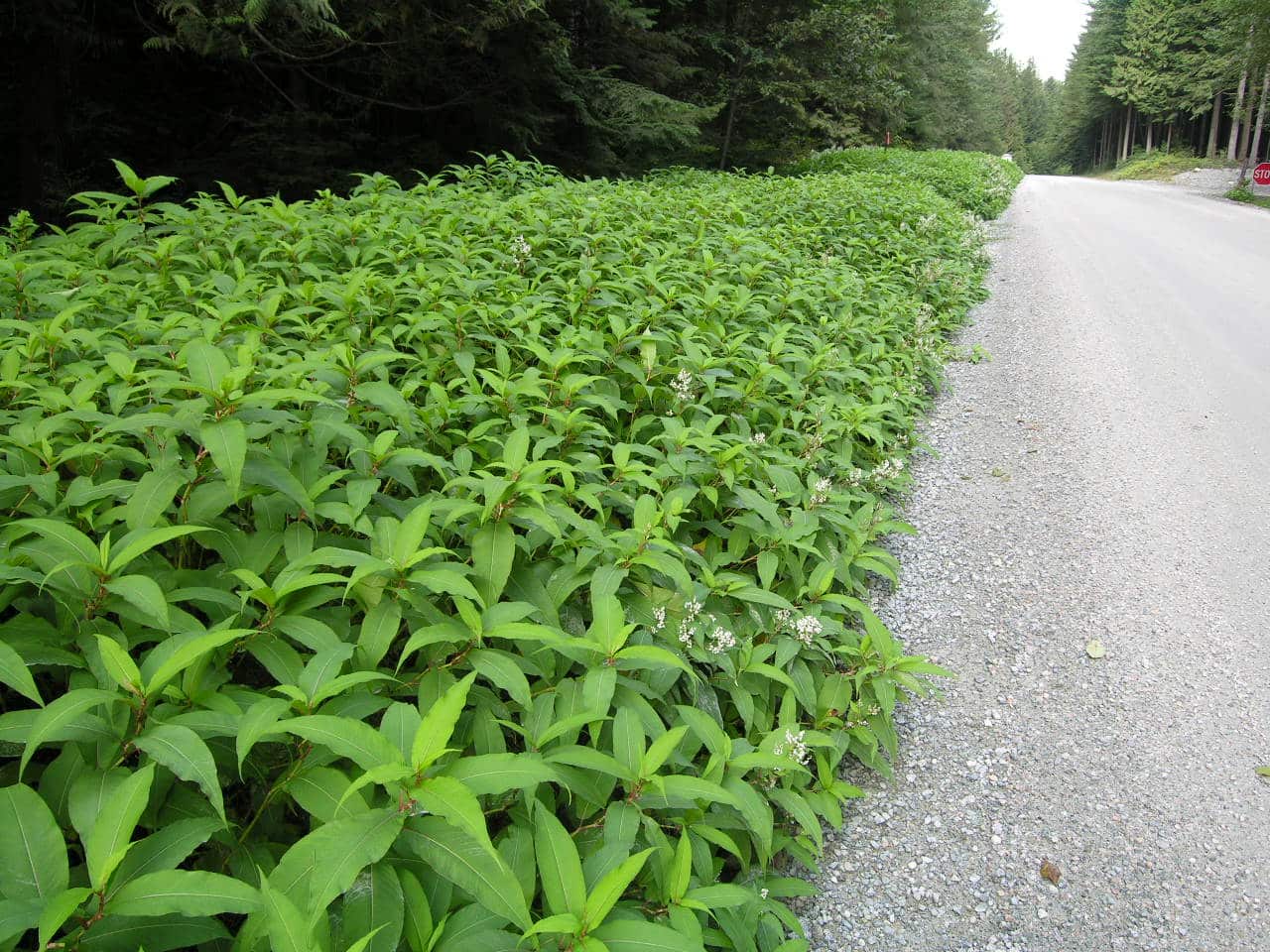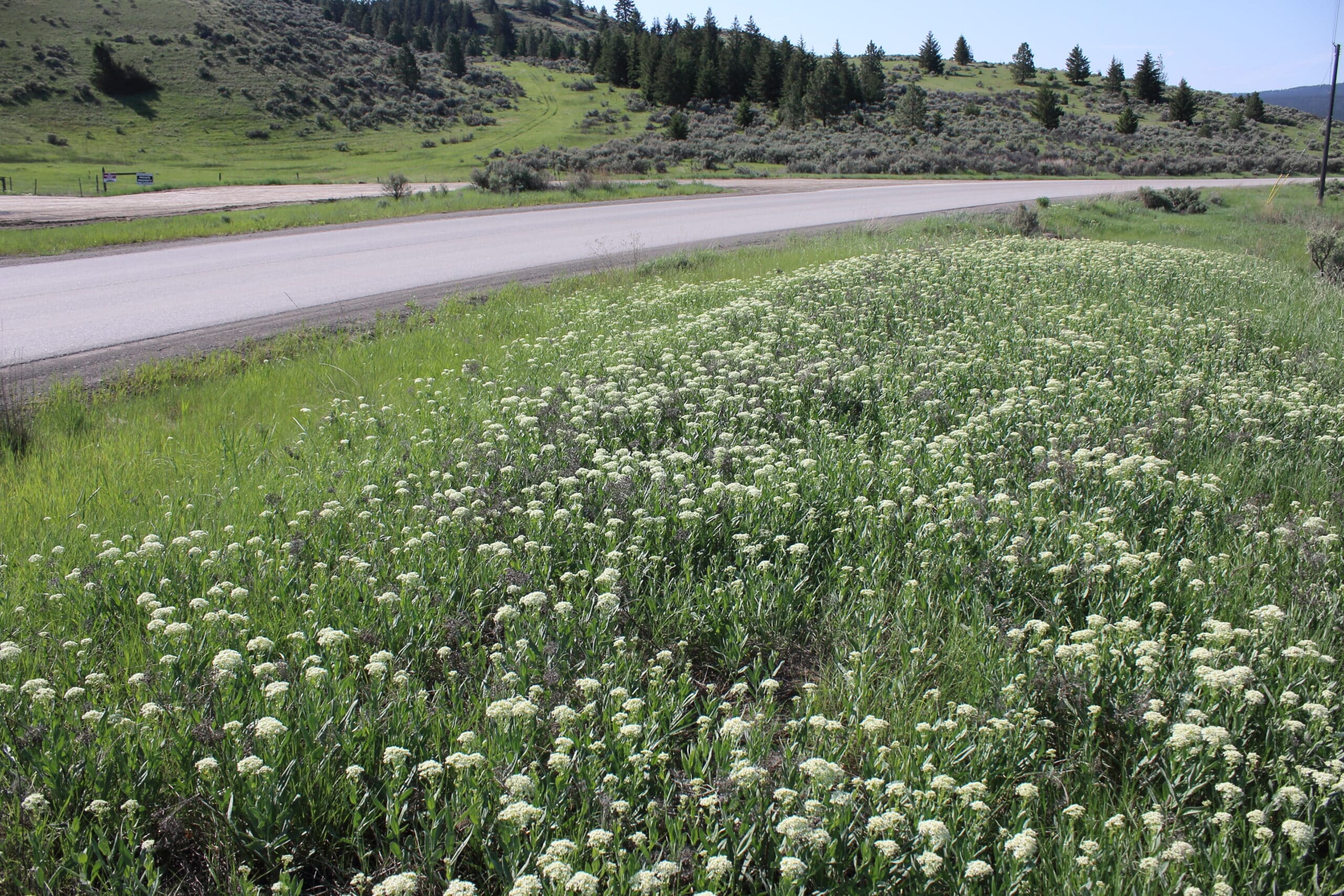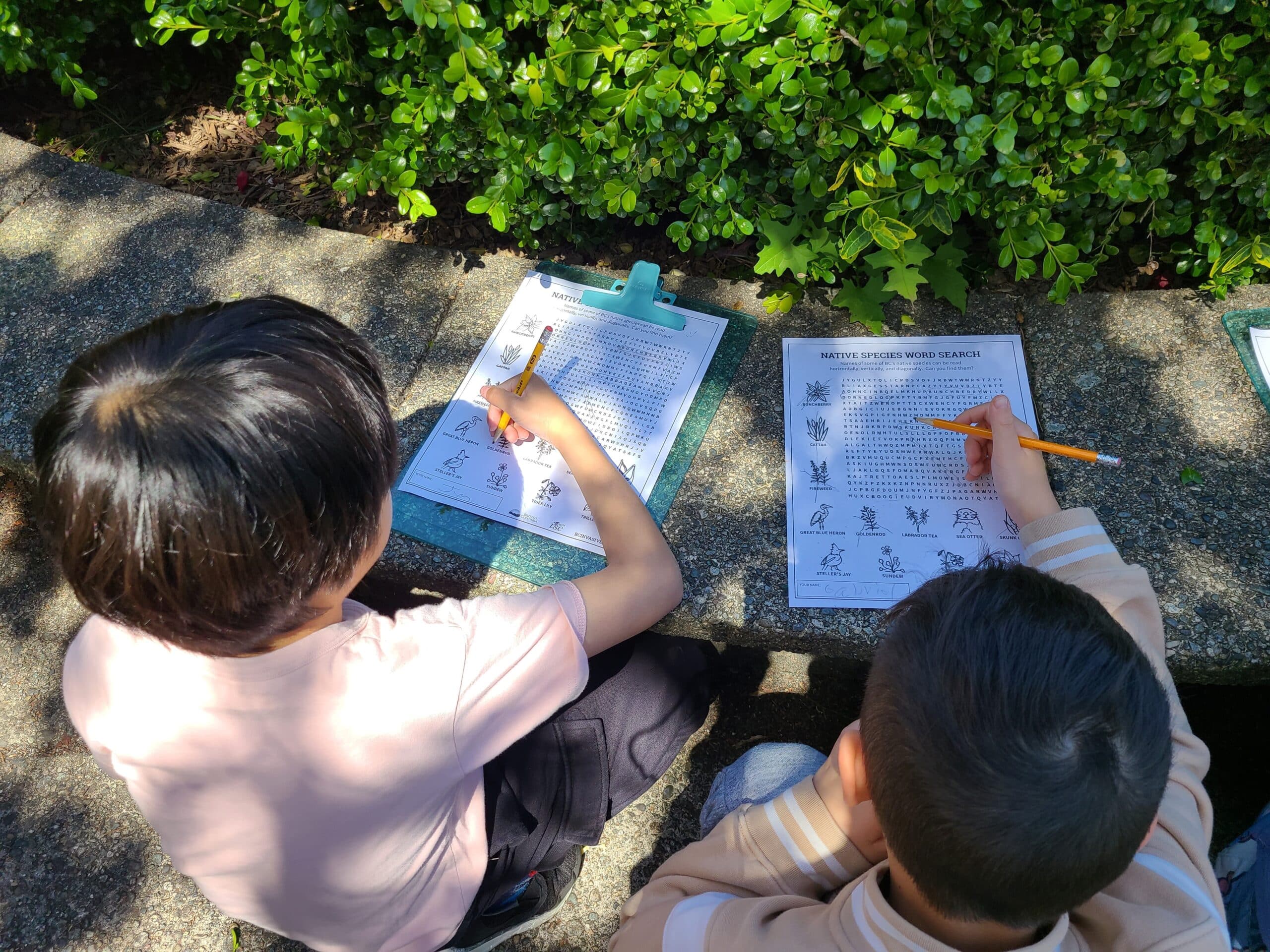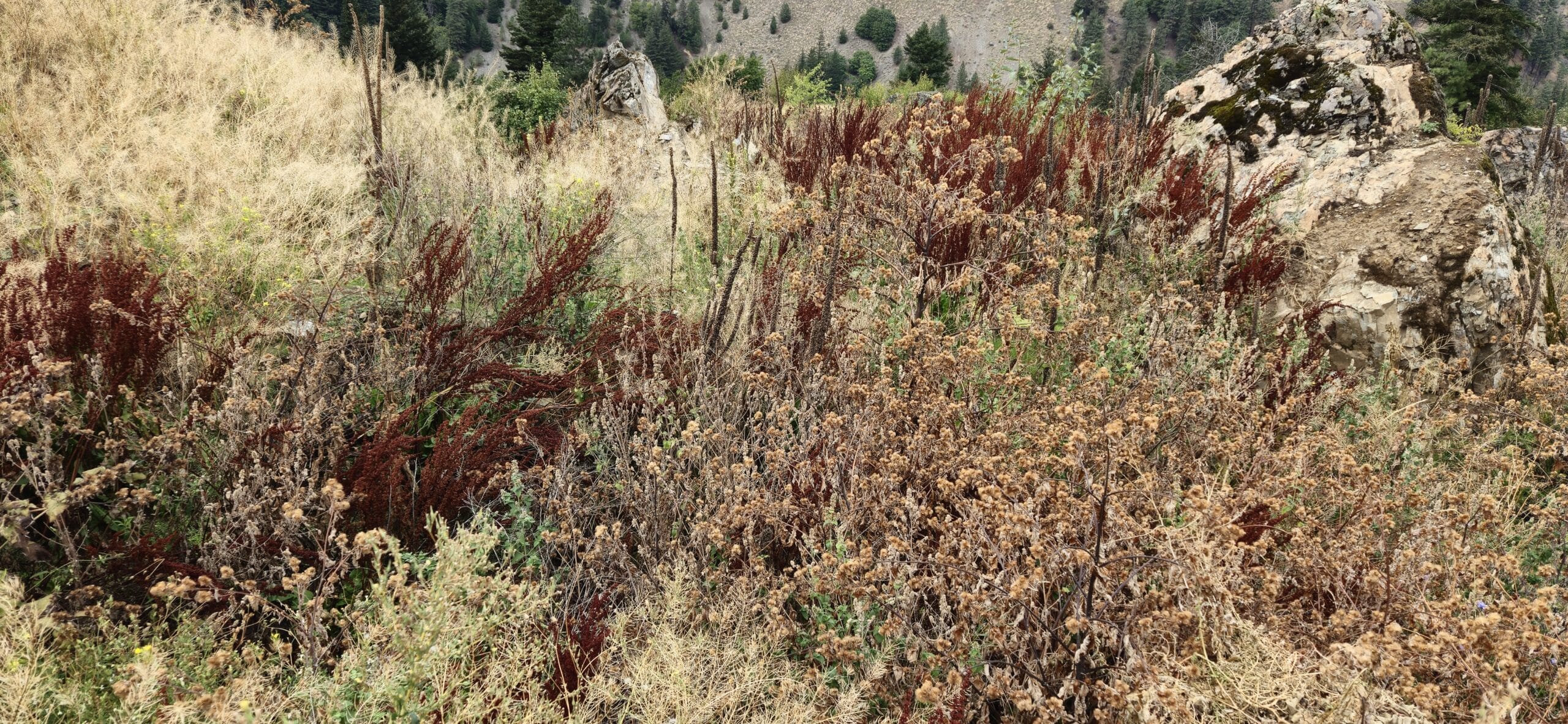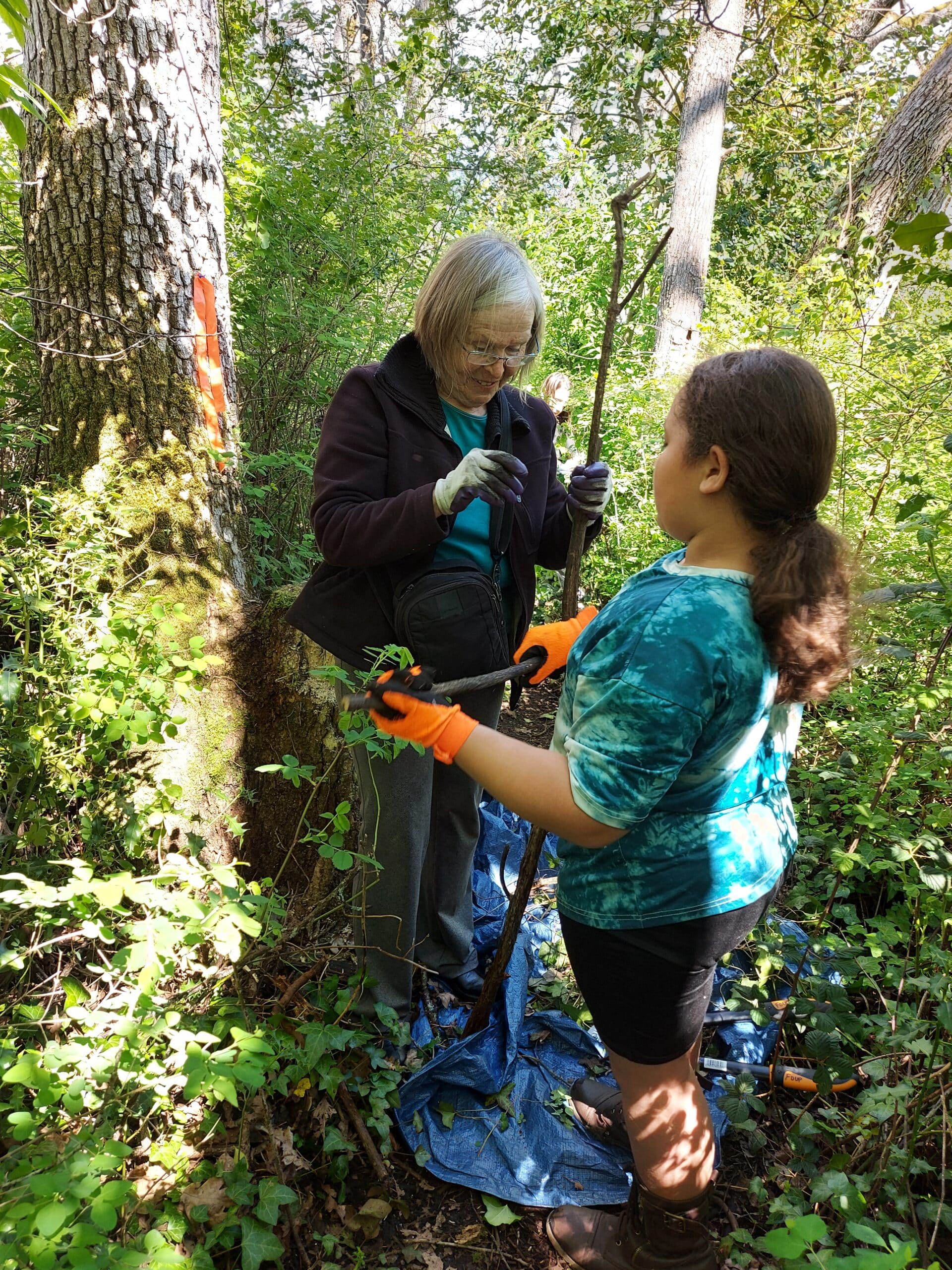By Lisa Houle | May 17, 2024
Another step in the right direction, and a fitting announcement during Invasive Species Action Month, comes just in time for the May long weekend and the unofficial start to summer in B.C.! Effective immediately, drain plugs must be pulled from all watercraft moved in B.C., so anytime a boat is transported across the province – even from dry storage to another dry location – the plug must be out. It is illegal to transport watercraft in B.C. with the drain plug still in place.
The reason behind the B.C. government’s decision is to prevent the further spread of aquatic invasive species.
“This order is part of our ongoing actions to contain and prevent further spread of whirling disease and keep invasive mussels out of B.C. waterways,” said Nathan Cullen, Minister of Water, Land and Resource Stewardship in a recent news release. “Beginning May 17, 2024, boat operators in British Columbia are required to pull the plug before moving a boat or any equipment between water bodies.”
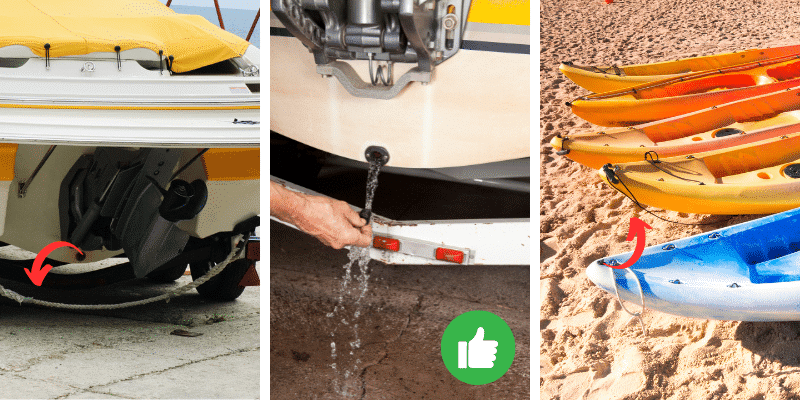
It’s an easy habit to adopt, and a critical defensive move all boaters can make to protect biodiversity in B.C.
“Pulling the plug on watercraft is one more way to ensure aquatic invasive species aren’t hitching a ride in standing water from one waterbody to the next. It removes that opportunity,” said Nick Wong, Science and Research Manager at ISCBC. “We encourage people to Clean Drain Dry their watercraft, trailers and gear – anything that’s been in contact with the water – after leaving the water. Wash down your items on dry land, pull those plugs, and allow drying time before moving to the next waterbody.”
So, before you head out on the water this long weekend, remember to add pulling your boat plugs to your after-adventure care.
“We want to make sure everyone can enjoy water and beach time while keeping aquatic invasive species at bay,” said Nick. “By making a small change in boating habits, we can all work together to safeguard B.C.’s waters.”
Take a free course with ISCBC to learn about some of the aquatic invasive species impacting B.C.’s waters and how you can help stop their spread.
Lisa is a Communications and Outreach Coordinator at ISCBC. She values a diverse environment and connecting with others about environmental protection. In her spare time Lisa enjoys spending time at the ocean and beach combing for sea glass. You can reach Lisa at lhoule@bcinvasives.ca
Share


